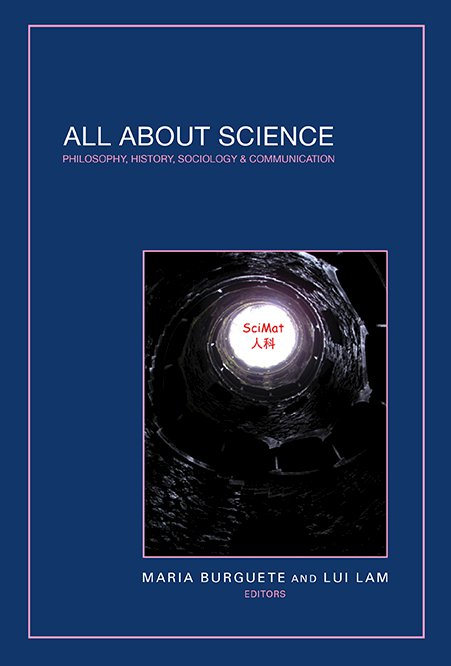1: About Science 1: Basics—Knowledge, Nature, Science and Scimat
There is a lot of confusion and misconception concerning Science. The nature and contents of science is an unsettled problem. For example, Thales of 2,600 years ago is recognized as the “Father of Science” but the word science was introduced only in the 14th century, and so it is obvious wrong if science is understood as modern science only, which started with Galileo about 400 years ago. If science is mainly about nonliving systems, then social science cannot be part of science. And if social science is part of science, then why the humanities, which are also about humans, are not part of science? All these confusions and dilemmas concerning science could be traced to the historical evolution of the word and concept of Science and the many misconceptions perpetuated by various philosophers and historians of science, due to the lack of an agreed-upon definition of science. This chapter aims to clear up all these confusions by retracing the historical development of science—the word, concept and practice. The nature of knowledge, Nature, religion and philosophy are covered. A simple definition of science according to scimat, the new discipline that treats all human-dependent matters as part of science, is provided. Three important lessons learned about science, including the required Reality Check (which differentiates science from other forms of knowledge) are given. Important ramifications from this definition concerning antiscience and pseudoscience in particular are discussed.


